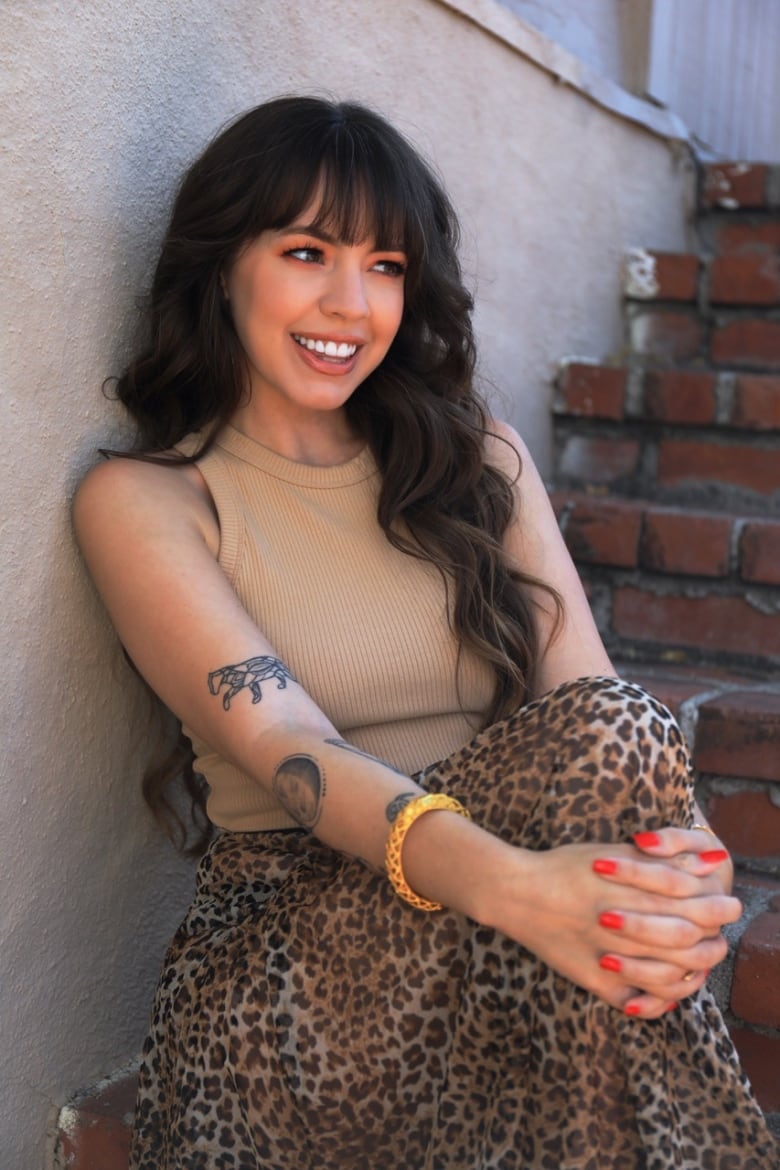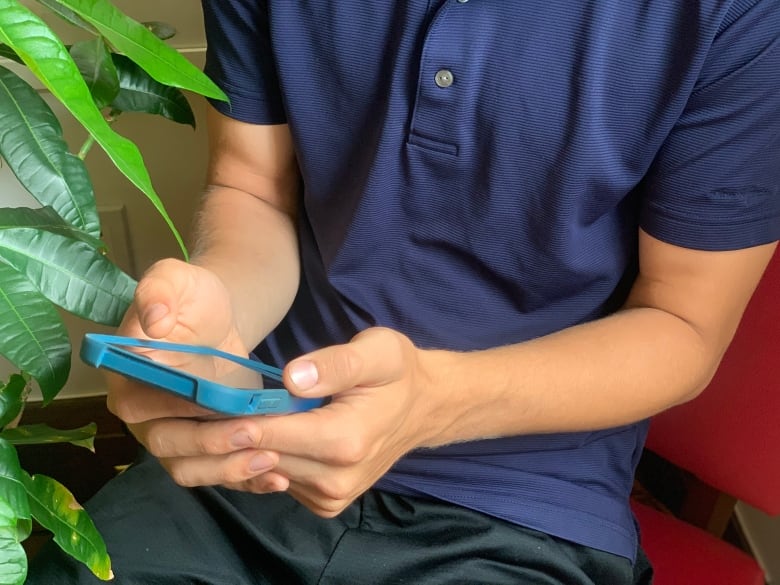spark53:59Being Human Now 9 – Health
It’s “scroller beware” on #mentalhealth TikTok, where content ranges from informative to misleading and has the potential to be helpful or harmful, mental health advocates say.
Jonathan Shedler, a psychologist and clinical professor of psychiatry at the University of California, San Francisco, says he is concerned about the quality of mental health information on social platforms.
“Unfortunately, what we have now are a lot of people representing psychology … who are influencers or digital marketers who are not serious psychotherapists,” said Shedler, who holds a doctorate in psychology from the University of Michigan. .
“And as flashy and catchy as the message is … it’s not really a good source of information.”
Social media has been called the psychiatrist’s bed of General Z. There is a seemingly endless well of self-proclaimed experts on platforms like TikTok and Instagram sharing content on how to set boundaries, confront triggers, identify toxic behaviors, and cut ties with a narcissist. .
Many mental health professionals have praised TikTok for destigmatizing mental illness and helping people who don’t have access to therapy. But the platform has also been criticized for encouraging self-diagnosis, overuse of labels and for legitimizing misinformation.
More than half fraudulent
or study published by UBC in early 2022, found that, of the 100 most popular TikTok videos about ADHD, more than half — 52 percent — were fraudulent. Another 27 percent were found to be based solely on personal experience—as opposed to clinical expertise or research—and 21 percent were classified as helpful.
The report also found that most of the “helpful” videos were created by healthcare professionals.
Shedler acknowledges that some may find value in such content — people who, for example, don’t realize they’re on the autism spectrum or struggling with ADHD symptoms.
“If this is a gateway to looking into it in a serious way, you know, with a professional, then that’s a good and helpful thing,” he said.
“I think we have a problem when people are getting into the business of self-diagnosis, or letting a foreign social media influencer they’ve never met diagnose them. That’s not helpful for nobody.”

Courtney Tracy, a licensed clinical social worker in California who posts online as “The Truth Doctor,” said she sees it a little differently.
Tracy, who has a doctoral degree in psychology from the University of Southern California, said she shares the concern about pathologizing normal things and arbitrarily labeling people.
“At the same time, it’s clear that we’ve been looking to the world for language to describe our pain, and for so long that language was only pathologized and classified and stuck in a book,” she said.
If they learn a bit of that language on TikTok or Instagram, she asks, what’s the harm?
“You know, they’re not taking their diagnosis and using it for claims to their insurance company or to get medications.”
Jeff Guenther, a licensed professional counselor in Portland, Ore., said he’s not that concerned about unqualified people sharing mental health content online. He creates content for TikTok and Instagram as @therapyjeff.
It can be a little hot, he says, but he believes “a lot of people who are on TikTok are really good critical thinkers, where they can look at a video and figure out if this is a professional or not.”
Aesthne Hinchliffe from Chester, NS, said they hope so.
But as someone whose therapist has helped them deal with grief and anxiety, Hinchliffe said they have some concerns about some of the information they see on social media — especially if it’s not subject to any scrutiny.
“I think my hesitation might be if people maybe don’t dig further, maybe don’t see where the information is coming from, who is the source?”
Hinchliffe said they prefer a more targeted approach to consuming mental health content, such as listening to a reputable podcast, or following specific practitioners on social media, rather than scrolling through everything under hashtags like #mentalhealth or # therapytok.
But overall, they said, having so much discussion about mental health on social media is a positive thing, contributing to more openness about mental well-being in recent years.
“I would have been a lot less open about, you know, ‘Oh, I have a therapy appointment today’ 15 years ago. Now. I’m not ashamed to say I have a therapist.”
Hinchliffe said social media discourse helps define looking after one’s mental health as important as exercising or eating well.

It ignores wider contributing social issues
But PE Moskowitz says they have concerns about the emerging “culture of diagnosis”. Moskowitz, a New York-based writer, runs a Substack publication called Mental Hellth, which challenges mainstream narratives about mental illness.
They argue that this discourse focuses on individual effort as opposed to collective responsibility. That leaves aside the broader public policy and societal issues that are so intertwined with our mental well-being — or lack thereof, they said.
Some people may struggle in life because their pay is too low and the rent is too high, Moskowitz said, “but they internalize it by saying, ‘Oh, it’s just because I have XYZ disorder,’ then that sort of thing leaves out of everything else. hook.”
“And that’s really sad to me because it ignores how society disables us. It ignores how society is the cause of our struggles.”
Another issue is the so-called weaponization of “therapy-speak”—whether that means calling any change in opinion “gaslighting” or, as Moskowitz has observed, when a person’s diagnosis is used as “a kind of currency through to which people dig their heels in the sand and cannot understand what anyone else is saying.”
Gaslighting describes a type of psychological abuse where a victim is questioned about the validity of their thoughts or perception of reality.
Guenther said he agrees it’s “gross” and unhelpful when those terms are overused.
However, even if words are sometimes used sloppily or aggressively, Guenther said it’s a learning curve.
“I like to see that people are trying to use more therapeutic language,” he said. “I’m also old enough to remember that in the 80s and 90s it wasn’t called ‘talk-therapy.’ It was called ‘psychobabel’.
“And if you ever talked about your feelings, you were immediately told you were doing some form of psychobabble, which immediately put you off.”
#TikTok #called #General #therapists #couch #mentalhealth #information #vetted
Image Source : www.cbc.ca